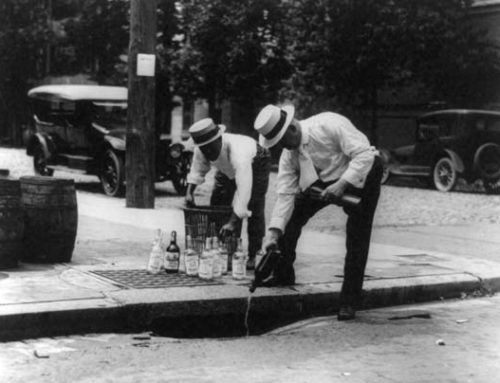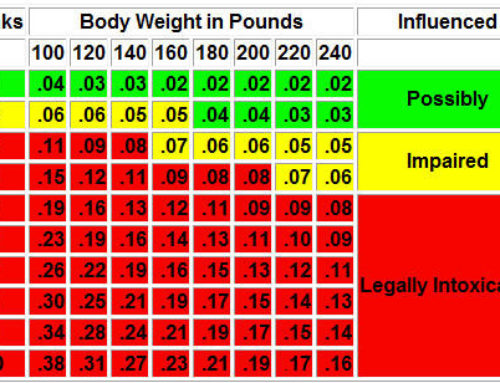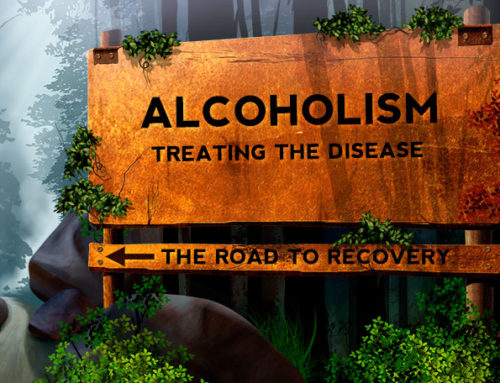So, the unexamined life is not worth living. At least that’s what Socrates said. Is it true? Do we have to examine the minutiae of ourselves in order to live a fulfilling life?
Step 10 of Alcoholics Anonymous requires an honest personal inventory and a commitment to admitting to our wrongs. I did some research online, and spoke with some AA friends, to get a better grasp on “personal inventory,” as my impression of it has always been negative. Is my personal inventory simply a list of how bad I suck? How mean I’ve been? How stupid I’ve been? How many mistakes I’ve made? Or is it a trumped list of how awesome I am?
At one point during therapy, I made an actual written list of what I considered to be my personal inventory. It included all the terrible things I was and none of the good things I was, because at that point, I wasn’t feeling particularly self-confident. Thank goodness I no longer have that list.
The point of the inventory really is for you to examine who you were, who you are, what fixes you need to make, and make a commitment to fixing them. Just like taking inventory in a store, you need to know what you have, what you don’t have, what’s broken, and create a plan. If you can do this without focusing only on the broken items, then this is a valuable step. If, like me, all you saw were flaws, then perhaps you aren’t ready for this step.
I have known a couple of people who have been brave and honest enough to share their inventory with me, well after the fact. Some of what they shared was true, some of it was skewed. People who thought themselves to be dishonest or disingenuous had never appeared to be so to me. People who claimed they were genuine or generous again never had appeared to be so to me. I did not pass judgment on their own personal inventory – after all, it’s one’s own impression of one’s self.






Recent Comments